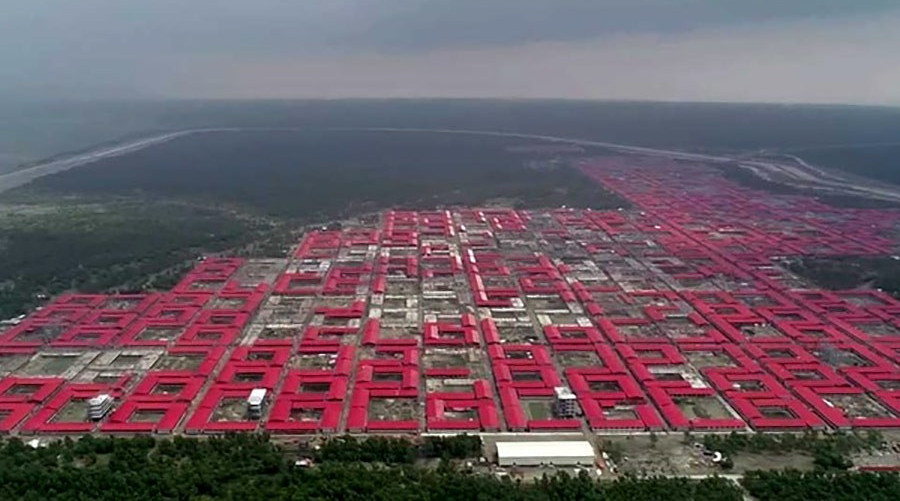Nine operatives of the outlawed Harkatul Jihad Bangladesh, HuJI-B, were in court Tuesday, five others on the run, as the sentence was pronounced by a judge at the Dhaka Speedy Trial tribunal-1 for placing a 170-lb bomb where the prime minister’s helicopter was scheduled to land in Gopalganj district in July 2000. The plot failed because security forces detected the device.
“The verdict will be executed by a firing squad to set an example unless the law barred it,” the judge said. The prevailing practice is execution by hanging. For the five on the lam, the judge said their sentence would be executed upon arrest or surrender.
The condemned have the right to appeal.
By Milan Sime Martinic

